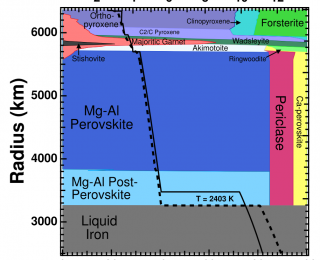
by Leonardo dos Santos | Dec 23, 2017 | Daily Paper Summaries
We can precisely measure chemical abundances for stars. This offers an intriguing possibility that we may, in the near future, start using these measurements to know more about the insides of rocky planets orbiting them.
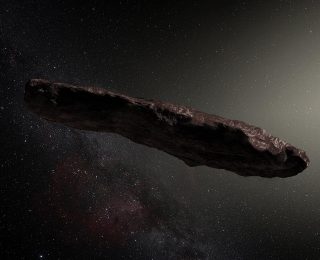
by Leonardo dos Santos | Dec 20, 2017 | Daily Paper Summaries
Apparently, rocky asteroids like our interstellar visitor ‘Oumuamua are likely to be formed in binary stars.
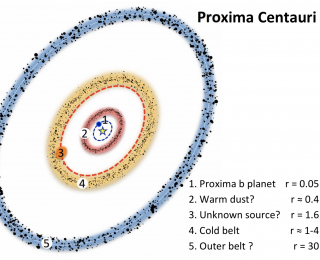
by Leonardo dos Santos | Nov 16, 2017 | Daily Paper Summaries
Astronomers using ALMA have just discovered that our closest neighbor has at least one dust ring, analog to the Kuiper belt in the solar system. Sorry, but a reference to Lord of the Rings is unavoidable.
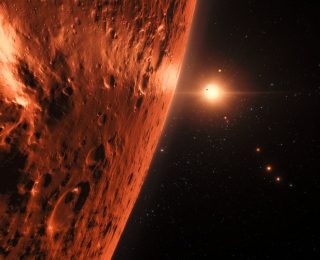
by Leonardo dos Santos | Sep 8, 2017 | Daily Paper Summaries
TRAPPIST-1 promises to be one of the best candidates for habitability in the solar neighborhood. Today we will see that the presence of a system-wide cloud of hydrogen could be traced to a history of water loss in the planets in this system.
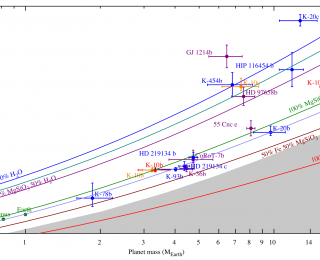
by Leonardo dos Santos | Aug 7, 2017 | Daily Paper Summaries
In today’s paper, after years spent on an impasse, we finally arrive at a consensus on the mass of the rocky exoplanet Kepler-10c. The discussion yields many important lessons on how to properly analyze radial velocities.





